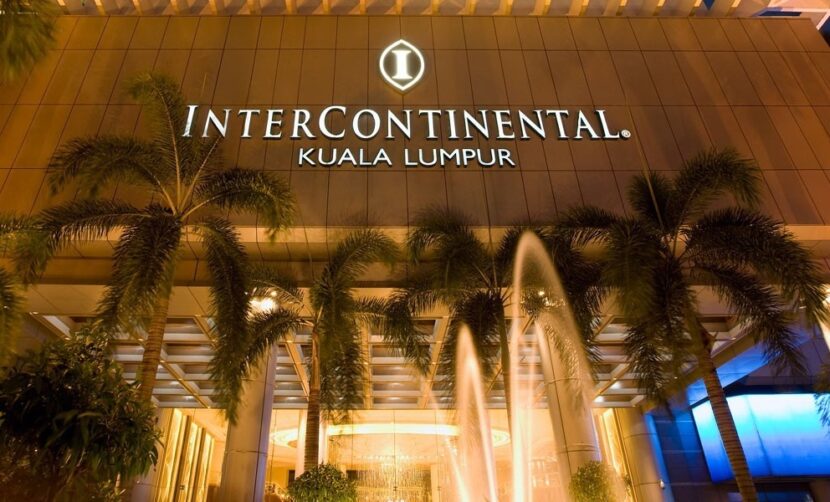NEW YORK – Richard Solomons sits in one of his hotels, explaining how travellers can’t be stereotyped. A businessman this week might be on vacation the next. For each trip, they have different needs.
As CEO of InterContinental Hotels Group – one of the world’s largest hotel chains – Solomons, 52, knows a thing or two about beds, showers and the things that make or break a stay.
The company has almost 690,000 hotel rooms in nearly 100 countries. Its most iconic brand, Holiday Inn, might be for families or travellers mixing business with pleasure. Holiday Inn Express is for short trips where guests want to rest and then go. Its new Even brand is all about well-being.
The InterContinental group now has more than 4,700 hotels and 1,100 more under development. The bulk of those new projects – like at other hotel chains – is overseas.
Solomons, CEO since July 2011, recently sat down with The Associated Press at the InterContinental Times Square to talk about how the worldwide hotel market is growing, what guests want and how to get free Wi-Fi. Answers have been edited for length and clarity.
Q: There’s been tremendous growth in the number of hotel brands – 110 just with the 10 largest chains. Is that too many?
A: I don’t really care about the top 10. I care about us. We have nine. I use the car industry as an example. When I was kid, you had a sedan, a wagon, a sports car and that’s probably it. (Today) you look at BMW or Audi’s lineup: 15 different styles of cars. This (is part of a larger) personalization trend. The brand feels relevant to me and my needs. For a brand to be loved, some people have to dislike it. Otherwise, you are just bland.
Q: Your latest brand, Even, features healthier food and improved fitness facilities. Do travellers really think that much about their health?
A: There are millions who worry that while travelling they can’t live the way they want to live. It is about people not falling off the wagon in terms of food, sleep and exercise. It comes down to a better gym, a more-sophisticated offering of food and, yes, the staircase is somewhere I can see and use it.
Q: You are rumoured to have rejected a $10 billion acquisition bid from another hotel company. Do you see any consolidation coming in the hotel industry?
A: If you look at the current crop of big hotel chains, they’ve been created through acquisition, largely. Twenty per cent of the world’s hotel rooms and 50 per cent of the future supply are part of the top five hotel chains. Scale matters in this industry. It’s a global business.
We have the scale that we need. We’re growing share quite significantly. We have the financial resources to do what we need to do. I don’t think there’s any driver of consolidation in the same way you might see in other industries. I don’t have a crystal ball, but with the pipeline (of hotels under construction), we don’t need it.
Q: Earlier this year, you made Internet free for all members of your loyalty program, including those without elite status. Why?
A: You can get free Internet almost everywhere. You can get it for spending 99 cents at McDonald’s, or at Starbucks or frankly, in some cities, anywhere on the street. So you are kidding yourself (to charge). It’s recognizing what the consumer wanted.
Q: How closely is your business tied to that of airlines?
A: The low-cost airlines have really helped the hotel business. As airfares have come down – it’s gone the other way in the U.S. – but in the rest of the world as airfares have come down it’s encouraged people to travel more and spend more on hotels. If I have a vacation budget of $1,000 or $2,000 and I’m spending less on airfare, I’ll stay for longer and I’ll stay higher-end. Most of our business is domestic, and much of it drive-to or train-to in some parts of the world.
